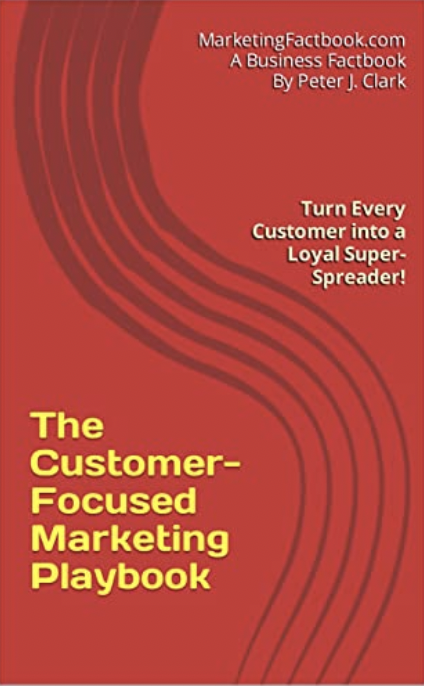Grocery shoppers are more loyal if you're honest with them
Study finds transparency yields greater brand loyalty
Grocery shoppers exhibit greater loyalty to products that nurture deeper relationships through the exchange of meaningful information, according to a report from Label Insight and the Food Marketing Institute (FMI).
In fact, shoppers are increasingly demanding greater transparency and a closer connection to their chosen food products - so much so that 75% said they are more likely to switch to a brand that provides in-depth product information beyond that already provided on the package label. This represented a significant increase (up from only 39%) over the past two years.
The Transparency Imperative study was conducted to define what 'transparency' means to shoppers and how it impacts their food retail purchases, as well as to identify the current attitudes and behaviours of health-conscious shoppers and those who are digitally engaged, and to reveal how consumers respond across generations.
In the report, 86% of shoppers agreed that if food manufacturers or retailers provided access to complete and easy-to-understand definitions for all the ingredients, it would result in more trust. Nearly as many shoppers (80%) said that they are more likely to be loyal to a brand that provides more in-depth information, beyond what is provided on the physical label. More than half of shoppers (54%) are even willing to pay more for a product that has additional product information.
"The new shopper mindset requires brand owners to think about their products well beyond the traditional label and respect a more digitally-minded consumer," said FMI's VP of Industry Relations, Doug Baker. "Overall, companies need to recognise and communicate the importance of transparency, and perform a thorough review of their unique consumer audiences and commerce channels."
What is Transparency?
The majority of consumers (69%) said it is "extremely important" or "important" that brands and manufacturers provide detailed information such as what is in their food and how it is made. Interestingly, online shoppers (80%), college graduates (76%) and higher grocery spenders (i.e. US$125+ per week) at 75% were all more likely to agree with this sentiment.
When asked to further define what elements define transparency, older generations (Baby Boomers and Generation X) are more likely than Millennials to focus on a complete list of ingredients, ingredients descriptions, and nutritional Information. Millennials also focus on these indicators, but they are more likely than older generations to look at allergen information, certifications and claims, explanations of ingredient usage information, and other details such as animal welfare, fair trade and labor practices.
Health-Conscious Shoppers
Nearly half (47%) of American households have someone on a diet or following a health-related program. These shoppers are even more likely to place a premium on transparency: 61% will pay more for products that offer in-depth product information, versus 54% of general shoppers. When a label is not sufficient, these shoppers (89%) are very likely to seek out information elsewhere. Nearly half of this segment (47%) would be very likely to use a smartphone in-store to find additional information beyond what's available on the label and the shelf.
The study also found that the presence of children in the home increased the desire for transparency. Shoppers with children are more likely to place greater importance on ingredient information, nutrition and health benefits. They were also particularly likely to find value in accessing detailed product information in-store on their smartphone (87%) and to use this method (85%).
Digital Increases Transparency Expectations
The study found that 26% of shoppers purchased groceries online in the last 30 days. Yet this group represents a valuable demographic - they are more educated, have higher household incomes and more likely to have children under the age of 18. While Millennials are disproportionately shopping online, they only make up 39% of online shoppers. Generation X (30%) and Baby Boomers (23%) also represent a significant portion.
Online grocery shoppers expect more product information (76%) when shopping online than if they were in a physical store; and 72% believe that getting product information is even more important when shopping online. Additionally, 81% are willing to switch to a brand that provides more in-depth product information, compared to 75% of general shoppers.
Sources: Food Marketing Institute; Label Insight / The Marketing Factbook.
Copyright © 2018 - 2025 The Marketing Factbook.
Categorised as:
- Customer Experience
- Customer Loyalty
- Knowing The Customer
- Marketing Know-How
